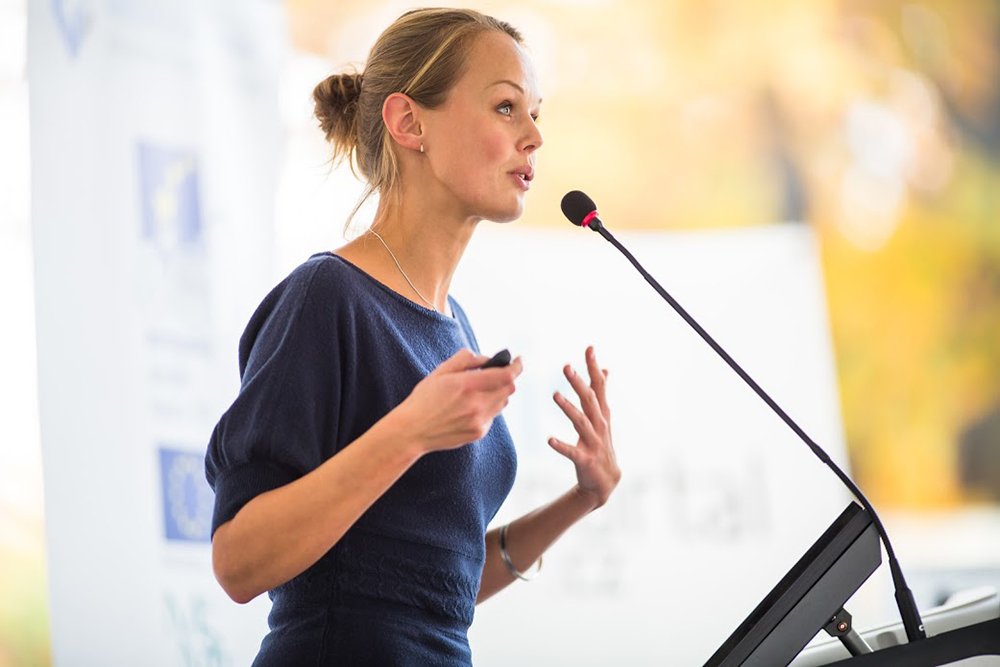Month: December 2018
-

The first people to speak will influence you.
The first people to speak will influence you. Imagine once more that you are awaiting your turn to speak. This time it is not to give your general recommendation of the best course of action, but to give your firm judgement on something. It might be the price you think a product should be sold…
-

The first person to speak has the most influence.
Imagine you are waiting to give your view on a subject. You are pretty sure of your conviction that “A” is the best course of action for the group. The first person to speak, perhaps the leader, surprises you by advocating “B”. The next person in line around the table also says “B”. And the…
-

Group discussions lead to more extreme views.
You might think that a group discussion would temper people’s opinions as they hear different viewpoints and arguments from all sides. However, the opposite is very often true. Group discussions commonly lead to more extreme views. Most groups are groups for a reason. They have a common purpose or goal, and therefore often have views…
-

“Free” is a powerful word.
As I have written before, we tend to equate quality with price: you get what you pay for. However, the idea of getting something for free can override any considerations of quality. Most transactions have an up-side and a down-side. The up-side of buying something is that you receive a product that you desired. The…